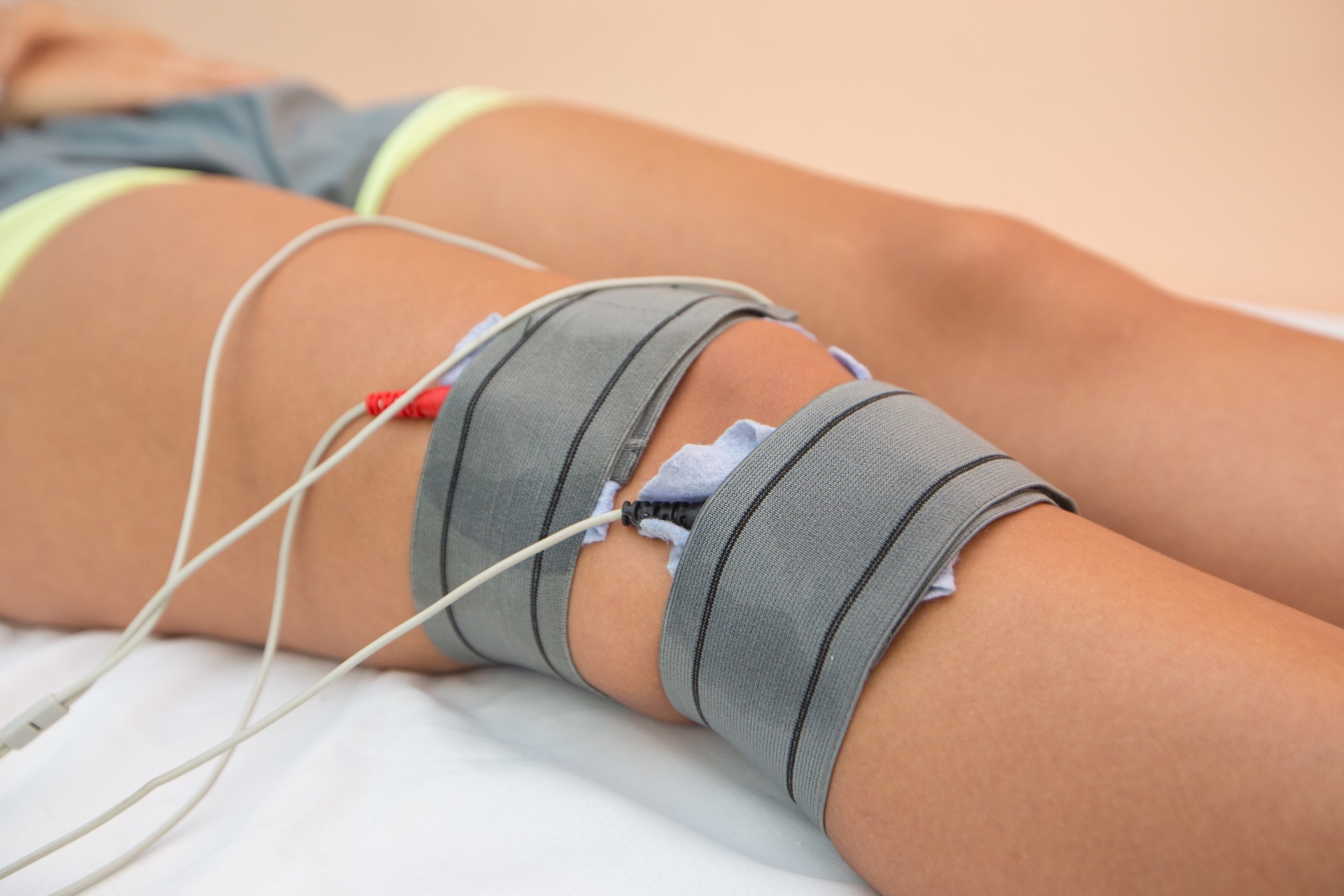Understanding Drug and Alcohol Rehabilitation: A Comprehensive Guide
Seeking help for substance dependency is a crucial first step toward recovery and renewed health. Whether for yourself or a loved one, understanding the rehabilitation process, available options, and what to expect can make the journey less daunting. This guide explores key aspects of drug and alcohol rehabilitation, from recognizing when to seek help to finding the right treatment program.

When Should You Seek Professional Help?
Recognizing the need for rehabilitation often starts with identifying concerning patterns. Warning signs that indicate it’s time to seek professional help include:
-
Inability to control substance use despite attempts to quit
-
Neglecting work, family, or personal responsibilities
-
Experiencing withdrawal symptoms when not using
-
Requiring increasingly larger amounts to achieve the same effect
-
Continuing use despite negative health or relationship consequences
-
Financial difficulties due to substance use
Understanding Inpatient vs. Outpatient Treatment Options
Treatment programs typically fall into two main categories, each suited to different needs and circumstances:
Inpatient Rehabilitation:
-
24/7 medical supervision and support
-
Structured environment away from triggers
-
Intensive therapy programs
-
Typical duration of 30-90 days
-
Best for severe addiction or complex cases
Outpatient Rehabilitation:
-
Flexible scheduling allowing work/family balance
-
Regular therapy sessions and check-ins
-
Living at home while receiving treatment
-
Various intensity levels available
-
Suitable for mild to moderate cases with strong support systems
The Early Recovery Journey
The initial stages of rehabilitation typically follow a structured pattern:
- Assessment and Intake
-
Medical and psychological evaluation
-
Development of personalized treatment plan
-
Setting recovery goals
- Detoxification (if necessary)
-
Medical supervision during withdrawal
-
Management of symptoms
-
Preparation for ongoing treatment
- Primary Treatment
-
Individual and group therapy sessions
-
Skill-building workshops
-
Family therapy when appropriate
-
Development of coping strategies
Supporting a Loved One in Treatment
Supporting someone entering rehabilitation requires understanding and patience:
-
Educate yourself about addiction and recovery
-
Maintain open, non-judgmental communication
-
Participate in family therapy sessions when invited
-
Help create a supportive home environment
-
Set healthy boundaries
-
Be patient with the recovery process
Finding Accredited Rehabilitation Centers
| Accreditation Body | What They Evaluate | Why It Matters |
|---|---|---|
| CARF International | Program Quality | Ensures evidence-based treatment |
| Joint Commission | Safety Standards | Guarantees medical oversight |
| State Licensing | Legal Compliance | Confirms basic requirements |
When searching for a rehabilitation center:
-
Verify accreditation status
-
Research treatment approaches
-
Check insurance coverage
-
Consider location and accessibility
-
Review success rates and testimonials
-
Evaluate aftercare programs
This article is for informational purposes only and should not be considered medical advice. Please consult a qualified healthcare professional for personalized guidance and treatment.




